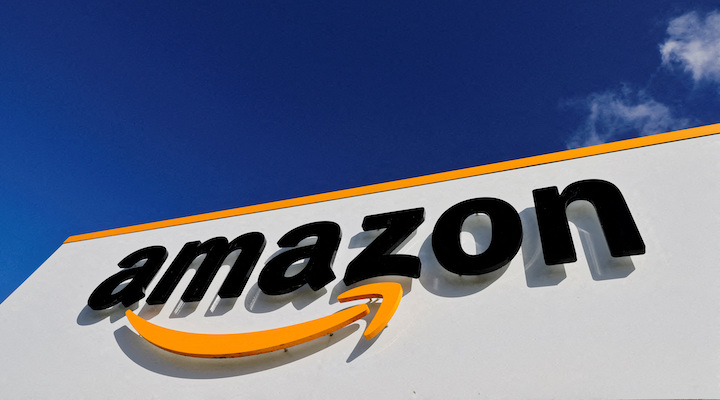Last week, retail leaders from across the country gathered in Sydney to attend the Australian Retailers Association’s Retail Leaders Forum. And, for a conference broadly focused on the opportunities and challenges the industry will face this year, the continuing pressure on businesses and customers from inflation was top of mind. Wesfarmers’ managing director of data and digital and ARA president Nicole Sheffield noted that much of the country is going to be “doing it tough” in the mon
months ahead.
“If you have a $750,000 mortgage in Sydney, which is pretty normal, you’re now paying an extra $1,300 a year,” Sheffield said.
“As retailers we’re going to feel it. Our frontline teams are going to feel it, [and] we need to make sure that we’re not only driving business, but actually driving community outcomes [as well].”
While many consumers are expected to cut back on spending on things they deem unnecessary, there are still dollars to be won: businesses will just need to earn them in different ways than they have done in the last few years.
Back to basics
Barbeques Galore’s chief executive Angus McDonald said retailers should return to the fundamentals to stand out from the crowd.
“We’ve been very focused on a number of very unique challenges over the past three years, and I think most retailers have been overly focused on some very short-term headaches around supply chain and other things of that nature,” McDonald said.
“Now that we’re moving into a post-Covid environment, I’m actually excited about a shift back to retail fundamentals of delivering a good retail offering.
“How are you delivering value to your customers? How are you differentiating from your competitors? How are you delivering a great customer experience every day?
“It’s my view that the retailers that can get back to those fundamentals of delivering a compelling retail proposition are those that are going to succeed in an environment where we’re going to see some normalisation of sales.”
McDonald added, however, that inflation will continue to be an issue for retailers this year, particularly those that have rents linked to the consumer price index, which rose 7.8 per cent in the 12 months to December 2022, according to the Australian Bureau of Statistics.
Providing value
Ikea Australia’s chief executive and sustainability officer Mirja Viinanen said that the furniture chain felt the impact of rising transportation costs throughout the pandemic – with the cost of shipping its products by sea tripling at one point – but noted that those costs had begun to normalise. Along with that, Ikea has made a commitment to keep its own prices low moving forward.
“We are able to lower our purchasing prices, and our consumer prices as well,” Viinanen said.
“Inflation is going to impact people in many areas of our life […] so when we can give value to the customer we will do it immediately.”
Amazon Australia’s country manager Janet Menzies said that the way that Amazon provides value to its customers is through range, pricing, and a strong delivery experience.
“The focus for us is very much around working backwards from the customer, and what they value, [and delivering on that],” Menzies said.
“We’re really focused on making sure that our Prime program […] is attractive and is overall good value, and [making] sure that people can come to the site and trust that the prices are competitive.”
Menzies noted how far the Amazon program has come in the five years it has been available in Australia, and said its one-day delivery option will ideally be rolled out into more regions.
A continued focus on providing value through Prime and price could serve as a bulwark against changing consumer behaviour.
“I’m really hesitant to try to predict the future, I feel like none of us have been particularly good at it,” Menzies said. “I hope we’re looking at a period of normalisation, and we’ll continue to focus on value and being competitive.
“But I still think there’s uncertainty out there, and I wouldn’t want to get too ahead of myself.”

